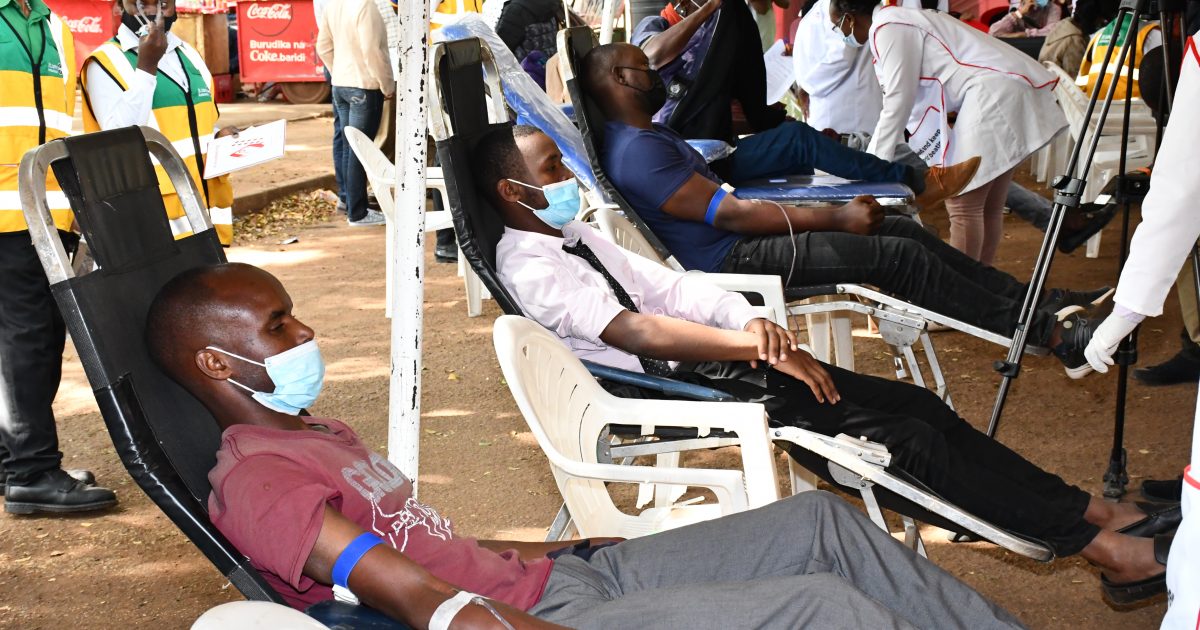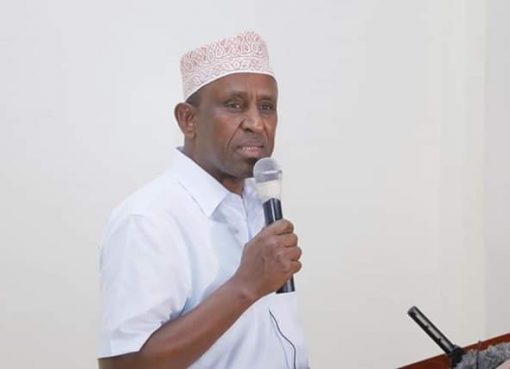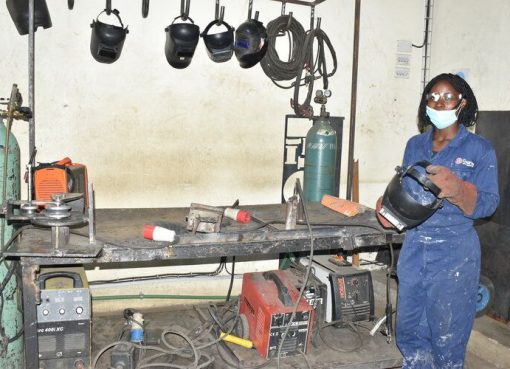The Ministry of Health in collaboration with other health partners has set 36 blood donation stations across the country to enable Kenyans donate at least 12,000 units of blood to boost the national blood bank.
Principal Secretary (PS) Ministry of Health, Susan Mochache, pointed out that safe blood transfusion are critical aspects of care and public health that help save millions of lives by improving the health and quality of many patients.

While speaking during the event to mark the World Blood Donor Day, held at Uhuru Park grounds, the PS reiterated on the need to create public awareness on the importance for regular and voluntary donation of blood to address the current shortage.
She noted that the event was to climax a one-week exercise, that started, Monday, June 14, which is aimed at sensitizing the public on the importance of voluntarily donating blood on a regular basis.
“The demand for blood in the country has gone up mainly because of population growth, accidents and various ailments among other issues,” she said.
The PS at the same time noted that Covid-19 pandemic has caused an acute shortage of blood donation, as most people are shying away from the hospitals in fear of contracting the virus.
“On the onset of the pandemic, parts of the country entered into a lockdown, people began to self-isolate and very few people were willing to visit health facilities to donate blood because of the fear of being infected with the coronavirus.” she said.
In her remarks, the Ministry of Health’s Principal Medical Laboratory Technologist, Alice Mbui, said the Ministry intends to get at least 200 to 300 blood donors in Nairobi County.
“Currently the Ministry is relying more on high school donors, as adults are more reluctant when it comes to donating blood,” Mbui said.
She appealed to members of the public to embrace the culture of donating blood voluntarily, saying that a healthy female can donate up to three times while a man can donate four times in a year.
The Kenya National Blood Transfusion Service (KNBTS) used to collect about 450 pints of blood on a daily basis, but with the onset of Covid-19 disease in the country, the figures dropped by between 70 and 80 per cent.
The Ministry of Health had received Sh1 billion through the World Bank programme to upgrade and improve services and blood collection within the satellites throughout the country.
The Partners include Kenyatta National Hospital, Standard Group, Damu Sasa systems, UNFPA, AMREF, Farm Access and Coca Cola.
By Susan Njeri and Winnie Mwende




